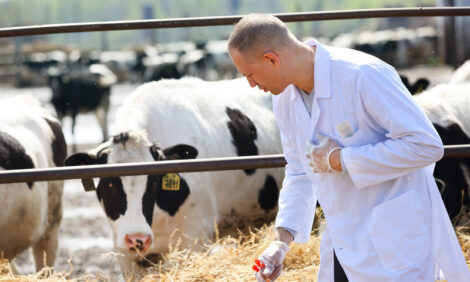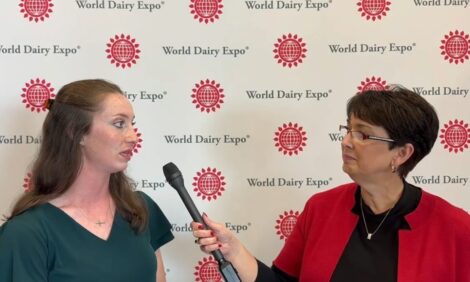



Wrong Picture Painted over Antibiotic Use
US - The animal agriculture industry has wrongly been painted as being irresponsible in its use of antibiotics, writes Chris Harris from the International Production and Processing exhibition in Atlanta.Dr Richard Raymond, the former Undersecretary for Food Safety at the US Department of Agriculture speaking at a USPoultry seminar on pathogen reduction said that the current uses and doses of antibiotics for animals have been approved by the Food and Drug administration as appropriate.
Dr Raymond hit out at the critics of the use of antibiotics in animal feed and said that they had exaggerated the reported overuse of antibiotics as growth promoters.
He specifically attacked the campaign led by Congresswoman Louise Slaughter that said that 80 per cent of all antibiotics sold in the US were given to perfectly healthy animals raised for food.
He said that the campaigners had failed to mention that the antibiotics are also used to protect animals from diseases and others are given to companion animals, which the official figures from the FDA show.
Dr Raymond said that more than 28 per cent of the antibiotics sold are Ionophores, which are given to keep chickens and turkeys healthy and to treat coccidiosis. He said that these antibiotics cannot be given to humans.
He added that a further 12 per cent of the antibiotics given to animals also could not be given to humans and Tetracyclines, which made up 41.5 per cent of the antibiotics used for animals, also had very limited use for humans and were rarely used.
“Over 80 per cent of the antibiotics used in animal medicine are not used in human medicine,” Dr Raymond told the seminar.
He said that Cepalosporins are used in human medicine but only account for 0.2 per cent and Flouroquinolones account for 0.1 per cent.
However, Dr Raymond said that the FDA needs to look at the use of Macrolides, which are used in both human and animal medicine.
He told the meeting that the latest FDA guidance has called for the use of antibiotics for growth promotion to be ended in three years’ time.
But he warned that when Denmark had taken a similar step the use of antibiotics as animal medicines had grown and exceeded the usage before the ban.
He said that the US had to have a policy based on biological science and not political science, which was the basis of many of the statements made by those opposing their use.



